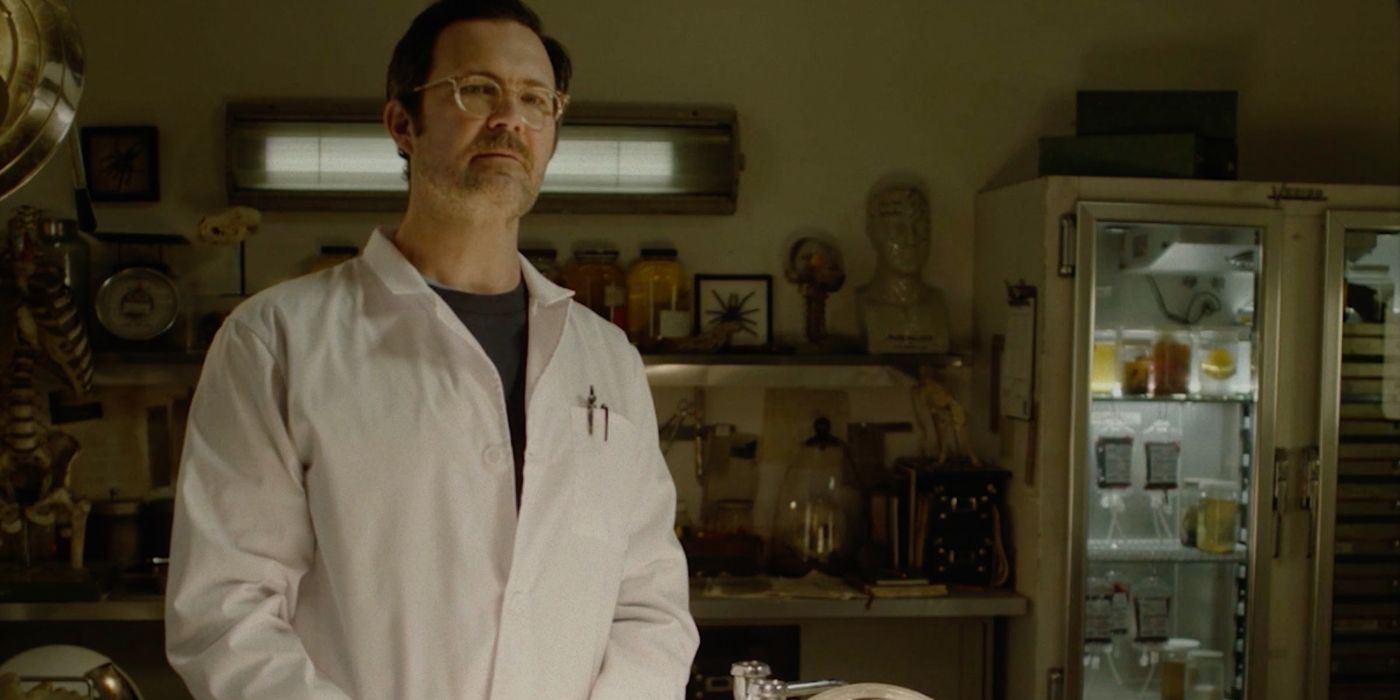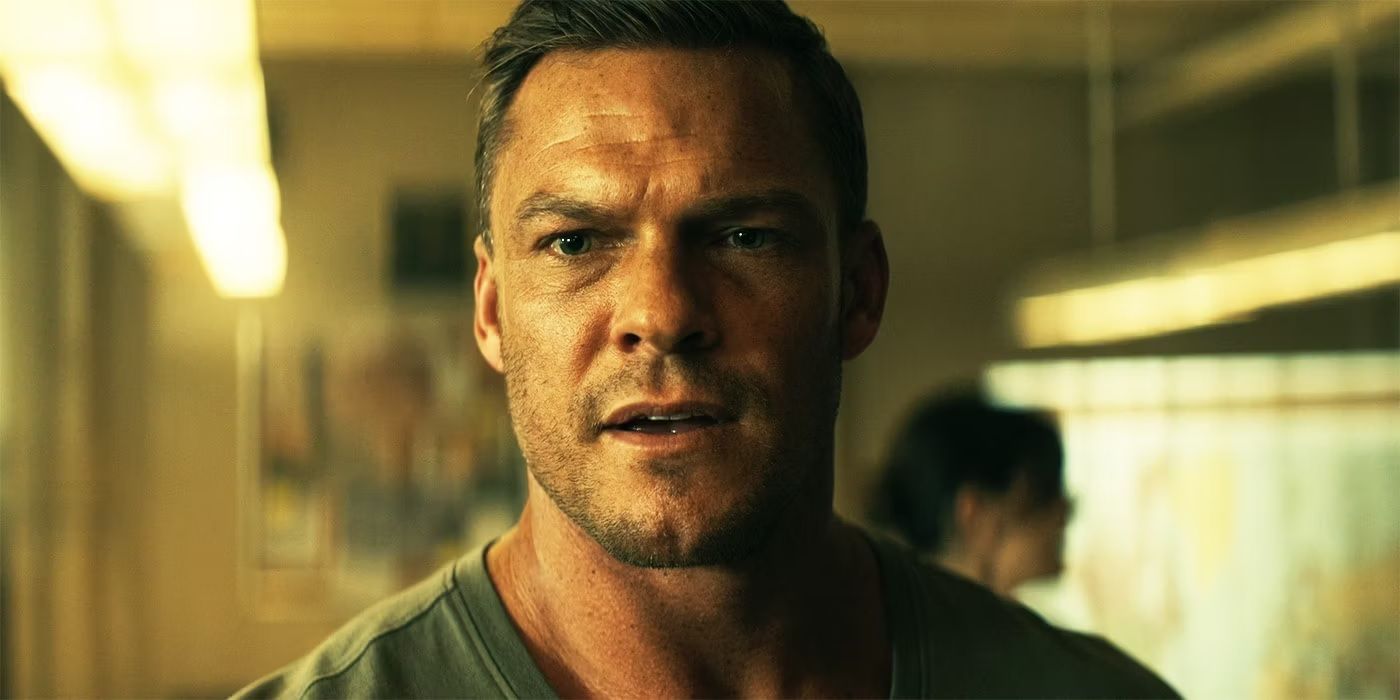Based on the book by Beth Macy, “Dopesick” provides a full panorama of the different characters in this Bosch painting of an drug crisis, as everyone has their own part in either letting the pills take over America one user after the next, or in trying to achieve some accountability. Kaitlyn Dever plays Betsy, a Virginia mine worker who is prescribed Oxycontin by her affable town doctor Dr. Samuel Finnix (Michael Keaton), who himself has been wooed by a Purdue Pharma sales rep named Billy (Will Poulter). These separate arcs take place in the late 1990s, as Oxy is starting to take over and be normalized as a healthy opioid in which less than 1% get addicted (a massive lie, it turns out). Everyone’s lives are affected each time Purdue wants to make more money and uses some type of claim—that doctors should now start patients on higher doses, or the pamphlet-ready ideas of “breakthrough pain” and “pseudo-addiction.” One of the many on-the-nose bits of dialogue in “Dopesick” has someone state, “Our community is ground zero for a growing national catastrophe.” That sense of horror slowly, effectively becomes visceral in “Dopesick” as character arcs create surprising developments related to addiction and power. Everyone’s sense of self seems to be at stake, along with their health.
In a different timeline, some people are trying to fight against this epidemic in the courts, which is its own extensive process. Peter Sarsgaard and John Hoogenakker play Rick Mountcastle and Randy Ramsmeyer, respectively, two assistant lawyers under the United States Attorney, who start to investigate the company as misleading with Oxycontin, but it takes so long for them to make a case. Their passages can effectively bulk up the show’s ability for what “Law & Order” bingers call “competency porn,” of watching hard working people in offices investigate and go to court, with some little victories in between massive frustrating parts. They also take after the work of Rosario Dawson’s DEA agent Bridget Meyer, who pushes on Purdue Pharma as they try to expand and deny the addiction epidemic they have caused. She also becomes witness to how the FDA would allow, if not support opioids like Oxycontin from taking over.
Sometimes isolated from these connections is the story of the leader behind this movement of addiction, Richard Sackler. Michael Stuhlbarg plays the pharmaceutical antichrist with a certain fragility and boyishness, a guttural voice that is shared by other Sacklers in the family. It’s his type of “Foxcatcher” moment, complete with an almost cartoonish sadness, and the story’s interest in following him around, of seeing the Purdue Pharma pushes come from his psychological need to prove himself to his family, doesn’t create the same curiosity as other arcs. This is a show about people make complicated decisions, which continually makes them interesting and raw; Richard Sackler’s main motivations are shown to be of the of-course insecurity variety. The performance seems to rely heavily on the scenery architecture, a lot of scenes have him walking around his mansions, showing his wealth by highlighting his inner smallness. The story sketches an incomplete idea of him, while arguably pursuing a lost cause in general.
You can view the original article HERE.




























